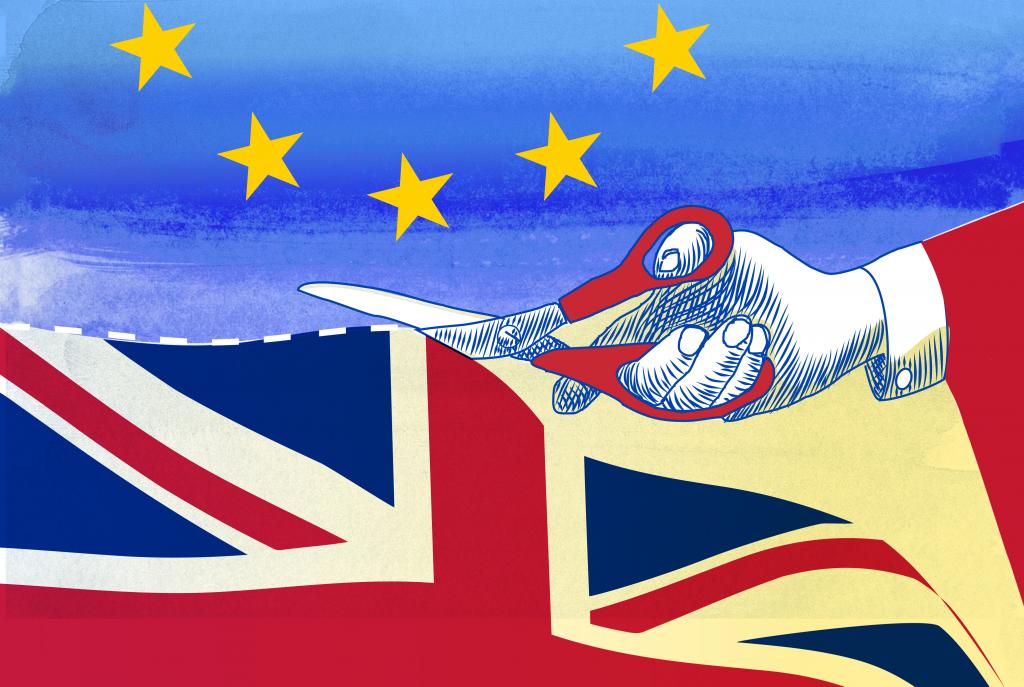Defeat in the House of Commons of the proposed Withdrawal Agreement between the UK and the EU was largely expected. And defeat there was, to an unprecedented extent in the House of Commons’ history. As we now stand very close to the chosen deadline of 29 March 2019 for the UK exit from the EU, decision makers on both sides of the Channel have entered into crisis mode. While most commentators are focused on what will come next, let’s pause and highlight three lessons for leaders facing complex negotiation processes.
Do not raise unrealistic expectations
In January 2017, in her Lancaster House speech, Prime Minister Theresa May laid out some firm points defining the characteristics of what would be a good negotiation withdrawal agreement for the UK: the country would seize back control over immigration and be out of the Single Market but still enjoy it short of having to adopt EU regulatory instruments or be in conformity with them. No one with some essential understanding of what economic integration means and how the EU functions should have been fooled by such a plan but the large majority of the UK domestic audience lacks such understanding and has indeed been fooled. When the time came for a reality check—enjoying the Single Market means regulatory and trade policy constraints—the government did not dare to deflate expectations short of losing face and the confidence of the public. This in turn opened a golden opportunity for political opponents to inflict a painful defeat to the Prime Minister. Raising unrealistic expectations is therefore a bad idea; one might wonder why a government with experience and expertise would ever make such a mistake. The answer lies in the belief that raising domestic expectations may bolster one’s hand in a difficult international negotiation process (a strategy famously known as “burning bridges” or “tying one’s hands to the mast”) to push the other side to accommodate one’s own constraints. Yet tying one’s hands to the mast is far from optimal when one’s ship is expected to enter very turbulent and treacherous waters, unless shipwreck is the objective.
Avoid presenting a fait accompli
A second lesson from the Parliamentary debates in Westminster over Brexit is that domestic constituencies do not like being presented with what they consider to be a fait accompli. The deal struck at the international level in November 2018 caught UK domestic constituencies by surprise because the negotiation process had been deadlocked for months with little prospect of a breakthrough and there was little, if any, effort by the UK Government to seriously engage with those constituencies until the last hour. The deal in hand, the UK government declared that it was the best possible deal for the country and that any other alternative would be far worse, if not catastrophic. Not surprisingly, British MPs did not appreciate being kept out of the loop and being presented with a take it or leave it deal that did not meet their expectations. It may well be that no other deal was possible given UK demands but engaging continuously with domestic constituencies across party lines would, at worse, have brought more political credibility and trust to the government. At best, it would have helped redefine the contours of a deal that would have had some chance of ratification.
Don’t use uncertainty as a threat
Divorcing from the European Union after 40 years of marriage is an unprecedented and highly difficult process riddled with many unknowns. It will take months or even years to sort out several of those unknowns. In that context, like in other negotiations on complex topics such as climate change for instance, uncertainty is ubiquitous. In the case of Brexit, the choice facing British MPs was between uncertainty in the short term if they rejected the deal agreed at the international level and uncertainty in the medium term—the future form of a comprehensive economic partnership that would follow the transition period—if they had adopted the deal. Arguing that turning down the proposed deal was the sole choice for an uncertain future was not only disingenuous but also unlikely to have any clout, quite the contrary.
The current agony of the UK Prime Minister and her government over Brexit offers a clear illustration of what happens when none of the three prescriptions is respected: excruciating setback!
This article is part of the “The Director’s Words” series, originally published on LinkedIn, and also found in the Executive Education Newsletter.


